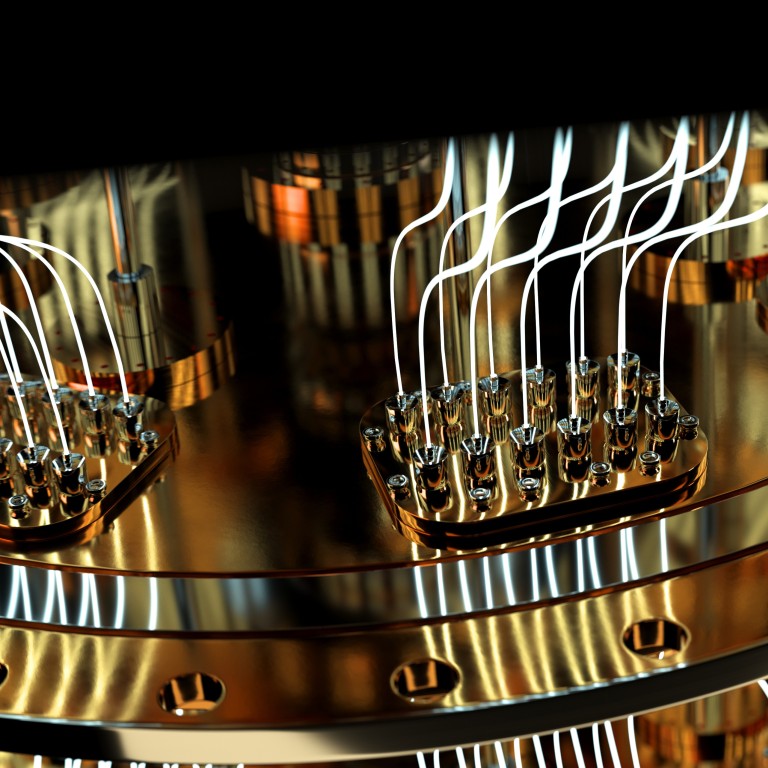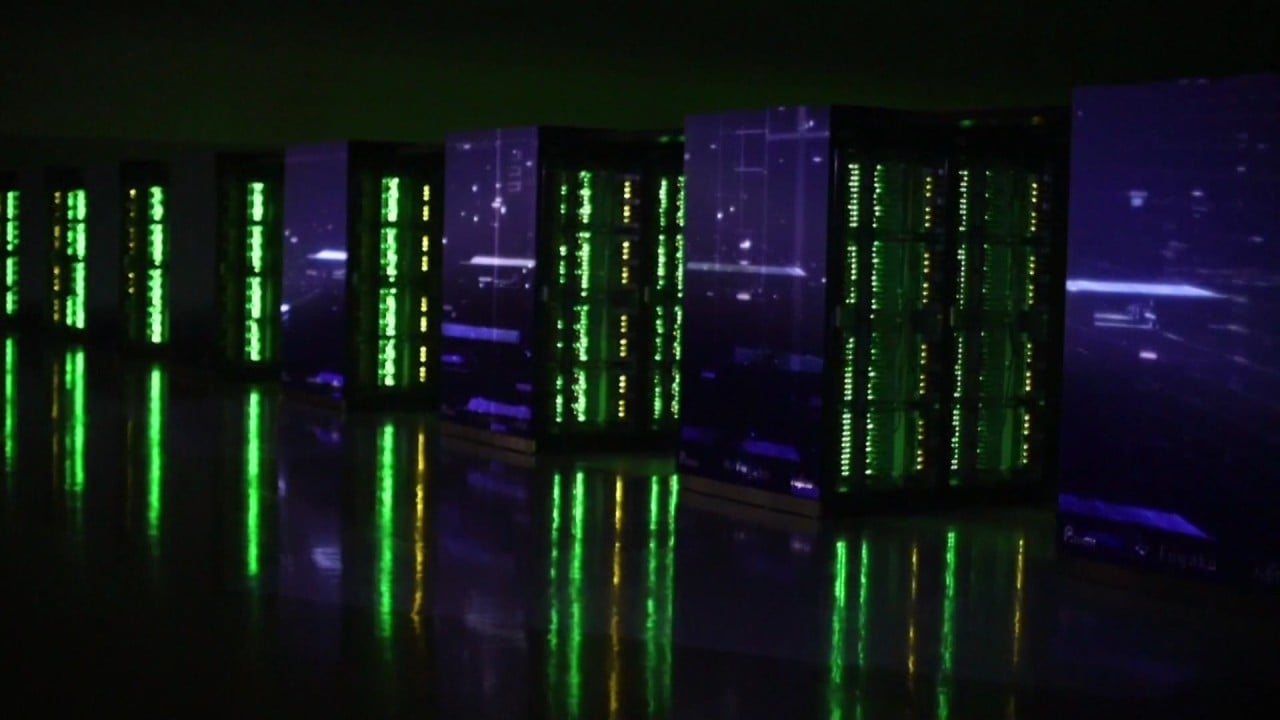
How far off are practical quantum computers? Maybe a decade, says China’s leader in the field
- Pan Jianwei says researchers have to overcome problems with errors but they hope to do that in the next five years
- Once those hurdles are overcome, solutions to incredibly complex problems could be within reach, he says
“Once we solve quantum error correction within the next five years, we’ll be able to manipulate hundreds or even thousands of qubits to build quantum simulators and address problems in physics, chemistry, and life sciences – problems that today’s supercomputers can never solve,” he said at the World Sound Expo in Hefei, Anhui province.
Pan also said his team at the University of Science and Technology of China in Hefei aimed to realise applications in quantum cryptanalysis and large number decomposition within the same time.
Quantum computers use quantum bits, or “qubits”, to store and process information. Unlike the “bits” of classical computers, which store either a 1 or 0, qubits can store multiple values at the same time.
This gives quantum computers a huge speed advantage over classical computers, able to calculate in a few seconds what would take today’s supercomputers decades or even millennia to do.
While there are major technological hurdles to practical quantum computing, countries such as the United States and China have poured billions of dollars into the area to get a head start.
No sign of China’s new supercomputers among world’s Top500
Pan said researchers had a three-step road map to realise the goal.
The first was to show that quantum computers could be faster than conventional supercomputers in special calculation tasks, something already done by scientists from the US, China, and Canada by creating quantum computers with more than 50 qubits, Pan said.
“We are now working on the second step,” Pan said, which is to build quantum simulators to tackle specific problems in fields such as physics, chemistry and machine learning.
But quantum computing is particularly error-prone and researchers first have to come up with a way to correct errors in the calculation process.
While a classical computer corrects errors by repetition, or storing the information multiple times, quantum information cannot be duplicated the same way.
“We are now using quantum entanglement to eliminate the errors, and hopefully we can solve the problem within five years,” Pan said.
The third and final step will be to build universal quantum computers.
“By then we’ll be able to truly explore the advantages of quantum computation and use it to benefit society,” he said. “The future is still a little far away, but it’s coming towards us at a very fast speed.”


